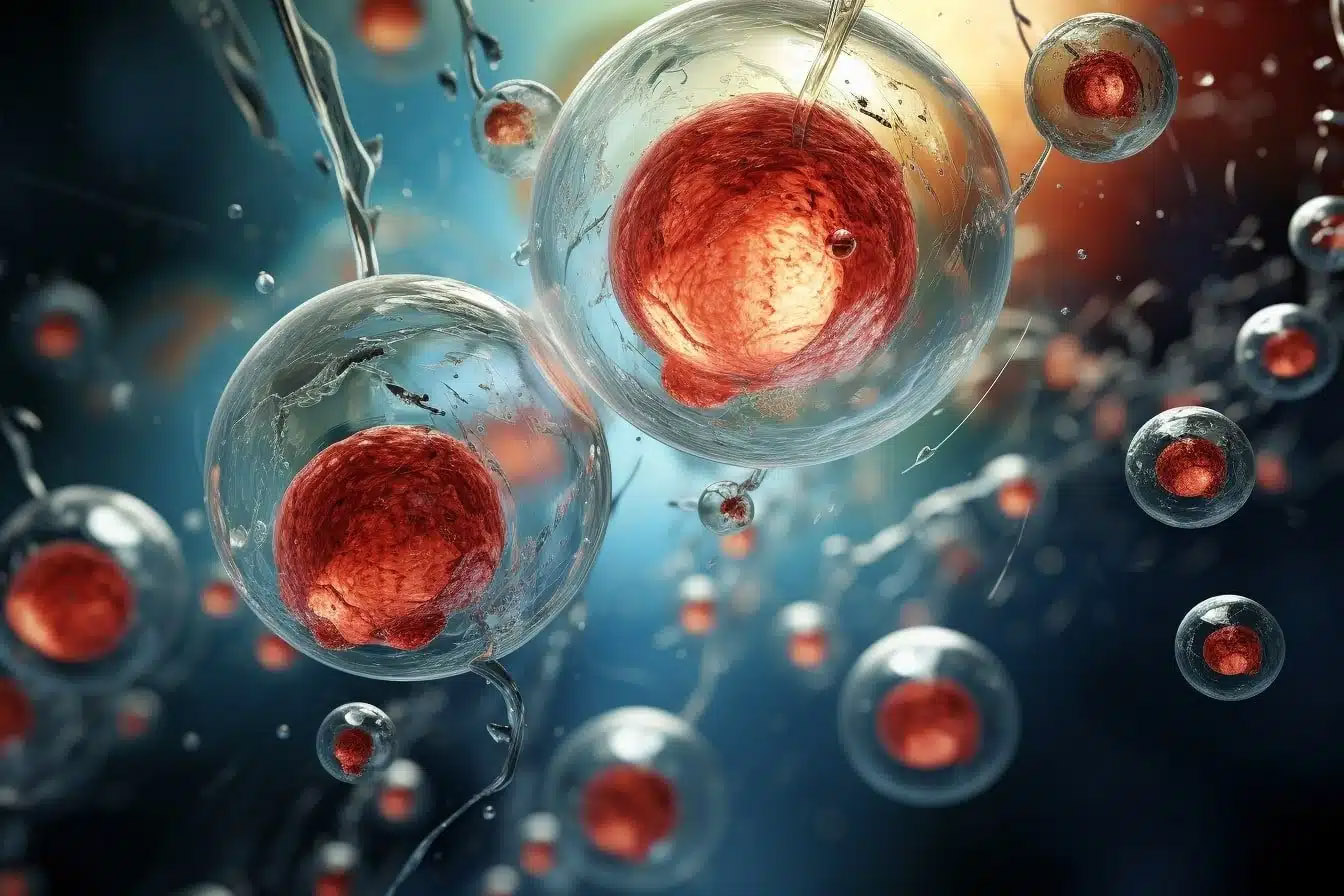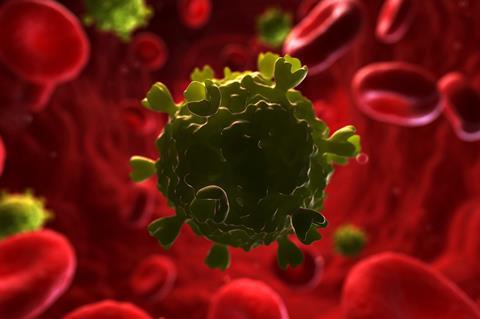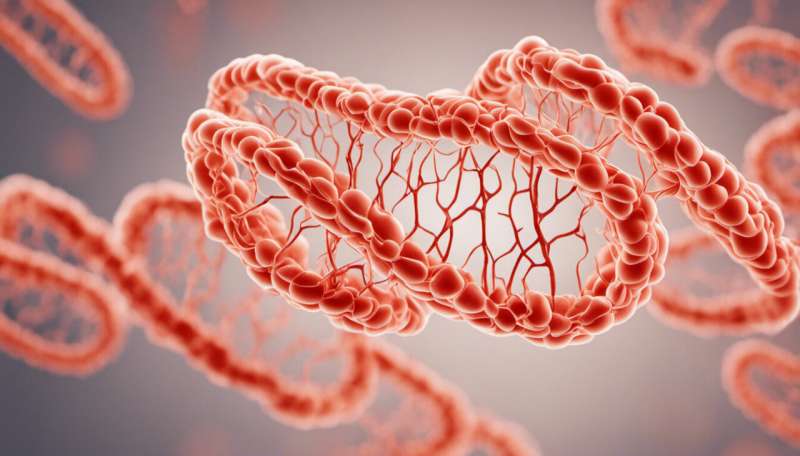Toddler Thrives with Same Disease That Ended Siblings’ Lives
By University of California San Francisco
When Zahid and Sobia Bashir discovered their fetus had the same genetic disease that took the lives of two of their young children, they didn’t hesitate to sign up for a promising but experimental new therapy.
“I found out (the therapy) was a possibility and I was kind of in shock; I couldn’t believe it,” said Zahid Basir. “I only really started believing it when meetings were being set up to move it forward.”
The disease, infantile-onset Pompe, is one of several rare lysosomal storage disorders that can severely damage major organs before birth. Babies born with Pompe typically have enlarged hearts and die within two years if untreated.
Pompe disease is seen in less than 1 in 100,000 live births, and is caused by mutations in a gene that makes acid alpha-glucosidase, an enzyme that breaks down glycogen. Without it or with limited amounts, glycogen accumulates dangerously in the body. After delivery, treatment to replace the enzyme is available, but the disease still often results in very low muscle tone, ventilator dependency and death.




